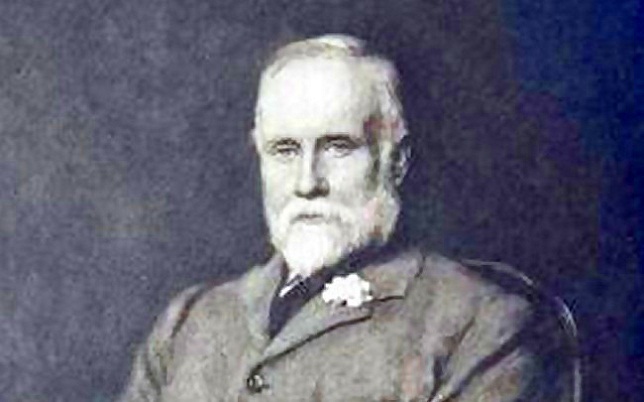Bosworth Smith, a renowned British writer and author, writes about the sublime status of the Noble Prophet Muhammad:
“It was Muhammad, who was head of the State as well as of the Church,
He was Caesar and Pope in one: but he was a Pope without the Pope’s pretensions, and Caesar without the legions of Caesar.
Without a standing army, without a bodyguard, without the palace, without a fixed revenue,
If ever any man had the right to say that he ruled by a right Divine, it was Muhammad, for he had all the power without its instruments and without its supports.”1
He cared not for the dressings of power. The simplicity of his private life was in keeping with his public life.
In Mohammedanism everything is different here. Instead of the shadowy and the mysterious, we have history…. We know of the external history of Muhammad…. while for his internal history after his mission had been proclaimed, we have a book (Quran) absolutely unique in its origin, in its preservation…. on the Substantial authority of which no one has ever been able to cast a serious doubt.
Bosworth Smith further writes:
“By a fortune absolutely unique in history, Mohammed is a threefold founder of a nation, of an empire, and of a religion.
Illiterate himself, scarcely able to read or write, he was yet the author* of a book which is a poem, a code of laws, a Book of Common Prayer, and a Bible in one, and is reverenced to this day by a sixth of the whole human race as a miracle of purity of style, of wisdom, and of truth.
It was the one miracle claimed by Mohammed — his ‘standing miracle’ he called it; and a miracle indeed it is.”2
*Muhammad is not the author of Qur’an, rather it is a revelation from Allah on His Greatest and Final Messenger Muhammad through Angel Jibrael.
- R. Bosworth Smith: Mohammed and Mohammedanism-Lectures at the Royal Institute of Great Britain, London 1874, p. 235
- R. Bosworth Smith: Mohammed and Mohammedanism-Lectures at the Royal Institute of Great Britain, London 1874, p. 237

